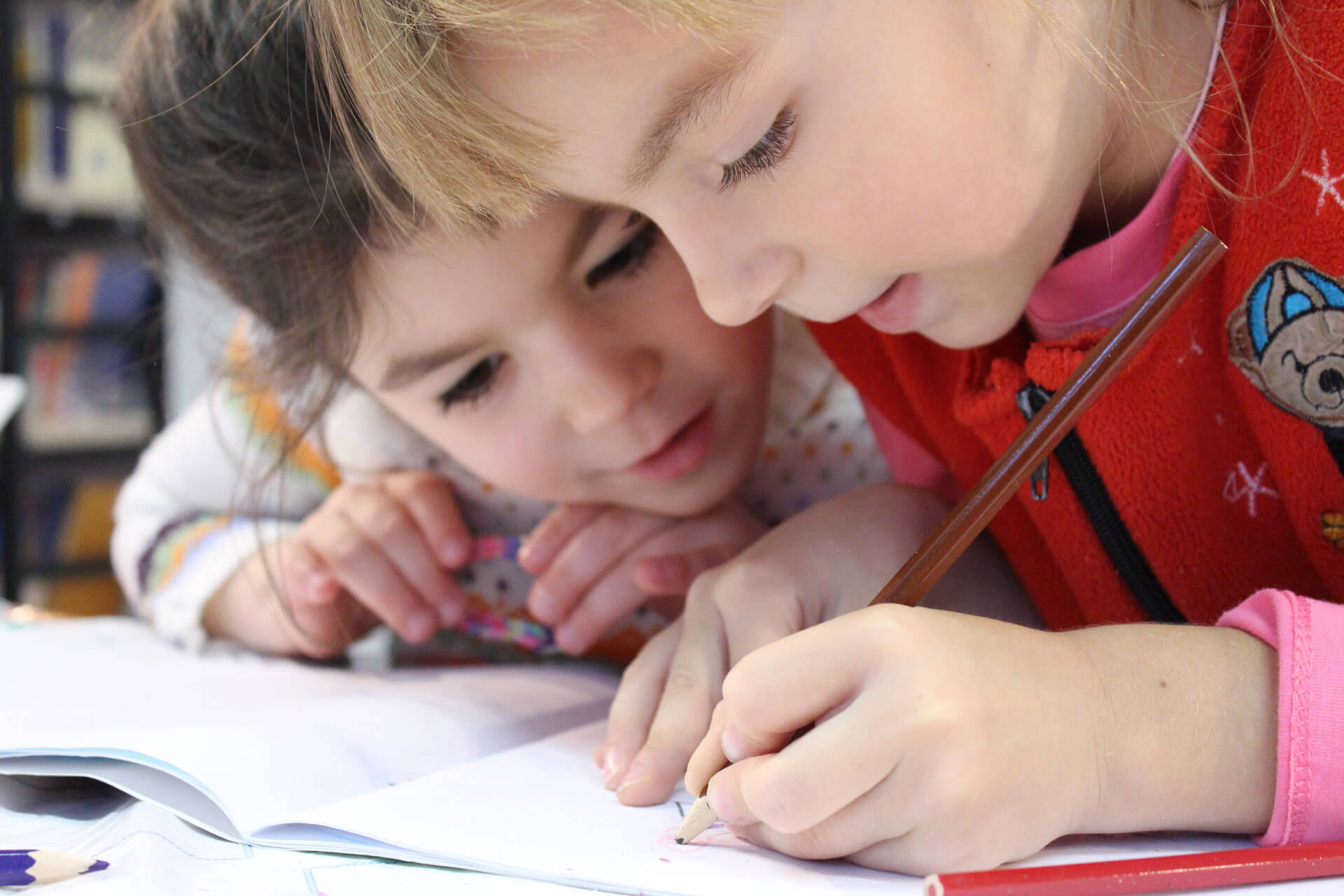Fun Friends
For Young Children aged 3 to 7
Play-Based Learning
Embracing Cultural Diversity
Early Resilience Skills
Smooth Transition Into School
A play-based curriculum helping young children build confidence, emotional literacy, and social skills through games, creative play, and nature-based activities. Relaxation techniques and positive outdoor experiences support a smooth transition into school, boosting communication, reducing fears, and enhancing self-esteem.
The FRIENDS Acronym
F
Feelings
Understand your feelings. Show empathy to others
R
Relax
Have quiet time. Focus on the present.
I
I can
try
Change unhelpful to helpful thinking.
E
Explore
Learn to find solutions to challenges. Think of consequences.
N
Nice
work
Try your best and be happy with your efforts.
D
Don't
forget
Use your coping skills in challenging situations.
S
Stay
Brave
Share your skills with your family and community.
What Children Learn
- Helping other people including family, peers, and teachers
- Self-awareness of body clues (e.g. tense means stressed, butterflies means nervous)
- Relaxation techniques for the body and mind during stressful situations
- Engaging and relating to peers, as well as making friends
- Smiling and making eye contact when communicating
- Speaking with a brave and confident voice
- Talking about and understanding feelings in one's self and others (empathy development)
- Approaching groups of peers and making friends
- Trying new things, and different approaches to problem solving
- Identifying negative thoughts and turning them into positive thoughts

Building Resilience Through Group Play
The Fun FRIENDS program uses evidence-based, play-focused group activities to help children develop skills they can easily understand and apply in everyday life.
The Difference You Will Notice
- Improved confidence
- Increased ability to cope with stress
- Increased ability to cope with fear
- Enhanced social skills
- Improved ability to communicate better with adults
- Boosted self esteem
- Increased happiness and enthusiasm
Flexible Program Delivery
- 1 Facilitators have first been trained in the program/s being delivered.
- 2 The sequence and structure of the program/s is followed.
- 3 Each participant receives his or her own private book, which can be used to review the skills practiced, during delivery of the programs. For example, at home with parents, carers, siblings or extended family.
Delivery Mode Options
- 1.5 hour weekly sessions over a single school term (preferably term 2 or 3)
- 45 minutes weekly sessions over the course of 2 school terms (preferably terms 2 and 3);
- 15 minutes daily sessions (after morning tea), where the same activity is repeated daily for a few weeks, using new examples until the skills become second nature;
- School holiday programs (2 hours across 5 days)
- Weekend intensives - over 2-3 full days